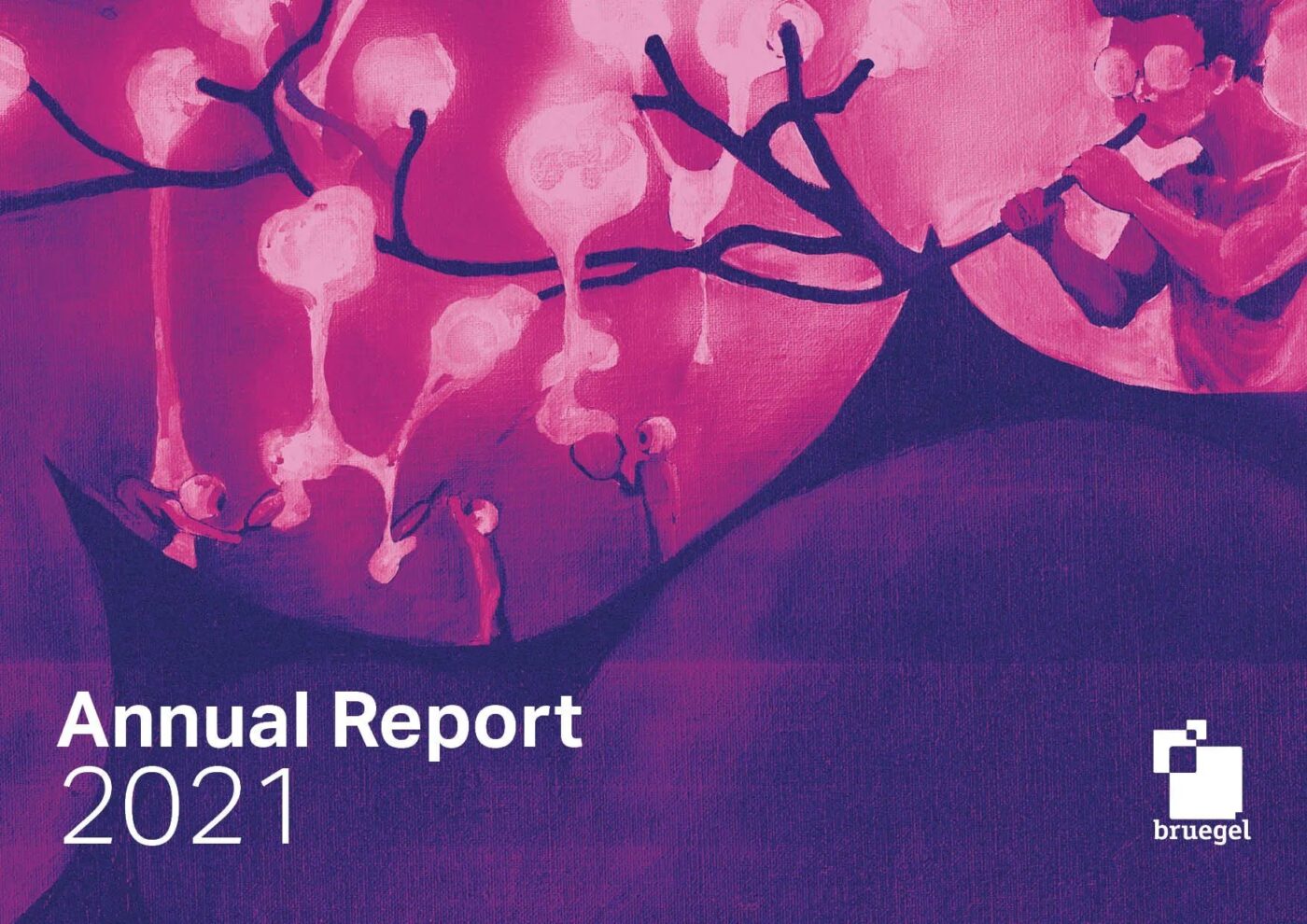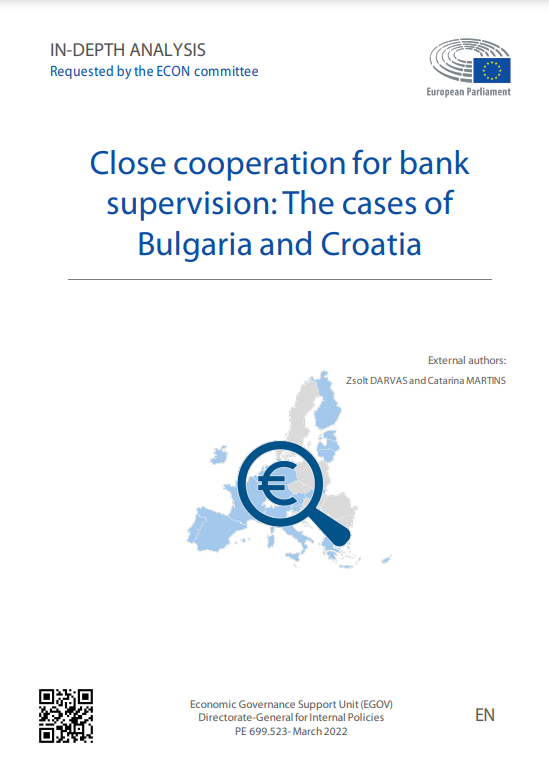Blog Post
Europe must take control of banking stress tests
Peter Bofinger, Christian de Boissieu, Daniel Cohen, Wolfgang Franz, Jean Pisani-Ferry, Christoph Schmidt, Beatrice Weder di Mauro and Wolfgang Wiegard warn against a false sense of security, which European governments seem to be lulled into, and propose common tests to evaluate the true state of Europe’s banking system based on common macro scenarios, common valuation […]
Peter Bofinger, Christian de Boissieu, Daniel Cohen, Wolfgang Franz, Jean Pisani-Ferry, Christoph Schmidt, Beatrice Weder di Mauro and Wolfgang Wiegard warn against a false sense of security, which European governments seem to be lulled into, and propose common tests to evaluate the true state of Europe’s banking system based on common macro scenarios, common valuation rules and common stress assumptions. The authors believe these respective tests should be done for all the largest European banks simultaneously and the results should be published for each bank, leading to a centralised oversight of the tests, and aggregation of results.
After months of financial gloom, summer has brought some relief. However, there is now a danger that policymakers and market participants are lulled into a false sense of security, which would be likely to lead to another negative feedback loop. To prevent such an outcome, quick and resolute action is needed. In particular, Europe must complete the job of putting the financial system on firmer ground.
If one looks at earlier episodes of large-scale macro-financial distress, a number of key lessons emerge. Japan’s experience in the past two decades, in particular, make clear that a banking system populated by zombie banks is a major threat to recovery; banking systems remain dysfunctional until losses are fully recognised and disclosed; and procrastination increases the ultimate cost to the taxpayer. Sweden’s experience shows the benefits of expediting the clean-up.
A dysfunctional banking system would represent a particular challenge for Europe, whose economies are much more dependent on banks than
is that of the US. Big worries about the state of Europe’s banks remain, as current information is unsatisfactory and published accounts are not trusted. Recent International Monetary Fund estimates of potential future writedowns and recapitalisation needs have added to these concerns, as they suggest that the European Union trails the US in the recapitalisation process. Though European officials dispute the IMF figures, they have yet to produce alternatives.
In the US, stress tests have been used as an imperfect but effective tool to increase the public’s knowledge of the balance sheets of the major banks, and to identify further areas where action is needed. While the process of producing and disseminating results has proven challenging and subject to numerous caveats, what has been achieved represents an improvement over the previous situation.
In contrast, Europe’s approach to stress testing has been half-hearted at best. The European supervisors argue that assessment would and should be carried out at a national level, under an EU umbrella. However, tests would be only loosely harmonised by adopting similar macroeconomic assumptions. Furthermore, results would not be available before September, and publication (of aggregate results, not bank-by-bank data) would be at the discretion of national authorities.
This compromise is intended to preserve each supervisor’s remit, and fit the variety of their institutional status. But this comes at a high price as regards the value of the results. There is no guarantee that the test will ensure that results are consistent across countries and across banking institutions. As long as national supervisors have discretion, identical assets are unlikely to be valued the same way in all countries. Each supervisor will be tempted to pretend its banks are in good shape. As a result, the planned procedure will not elicit the degree of confidence that European economies urgently need.
We cannot wait another four months to discover that we do not yet know the true state of Europe’s banking system. Instead, a systematic European approach is needed. The respective tests should be based on common macro scenarios, common valuation rules and common stress assumptions. They should be done for all the largest European banks simultaneously and the results should be published for each bank. And there should be centralised oversight of the tests, and aggregation of results.
Admittedly, our proposal raises difficulties. As the US experience has shown, genuine stress tests require that governments stand ready to say without delay how they intend to deal with insolvent institutions – including, in Europe, those with large cross-border operations. But it is worth noting that proper stress tests would not require any formal transfer of supervisory authority from national to European level. Rather, it could be carried out by a temporary task force responsible for ensuring consistency.
Since the cost of procrastination is high, turf wars should not be allowed to block a potentially major step towards recovery. We urge European
governments to act now.
This comment was published in the Financial Times, Les Echos and the Financial Times Deutschland.
Republishing and referencing
Bruegel considers itself a public good and takes no institutional standpoint. Anyone is free to republish and/or quote this post without prior consent. Please provide a full reference, clearly stating Bruegel and the relevant author as the source, and include a prominent hyperlink to the original post.










